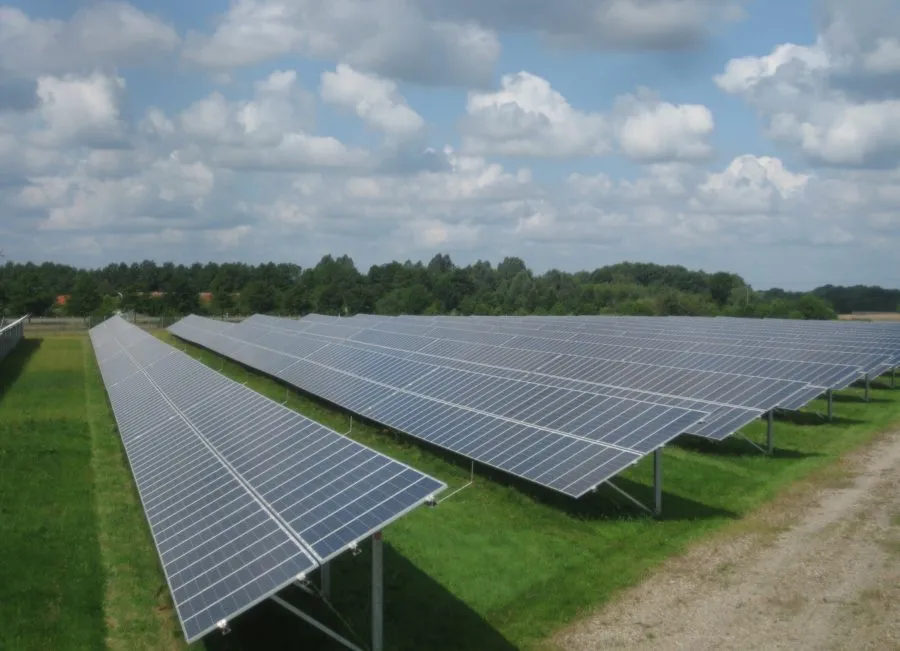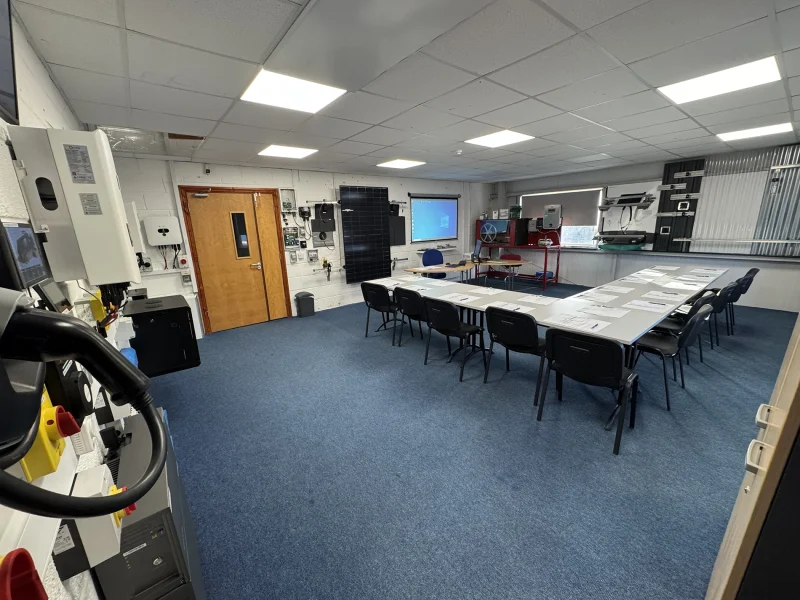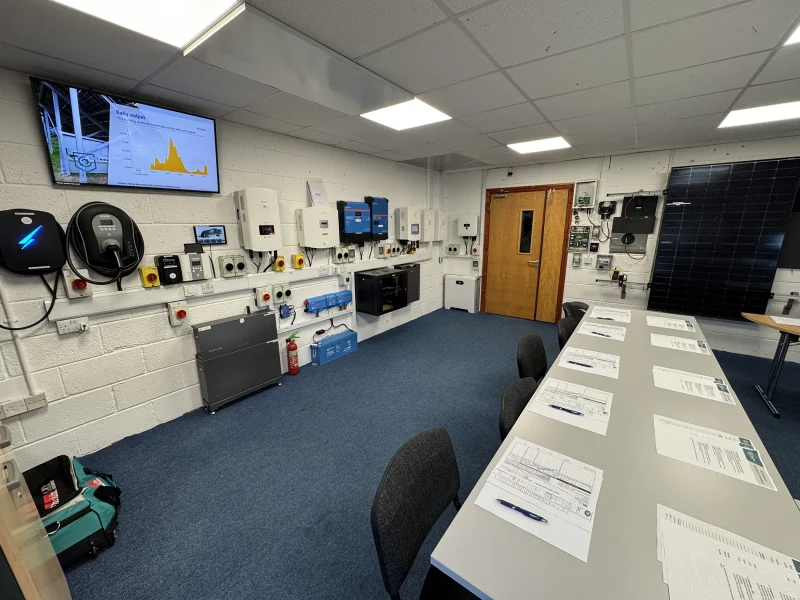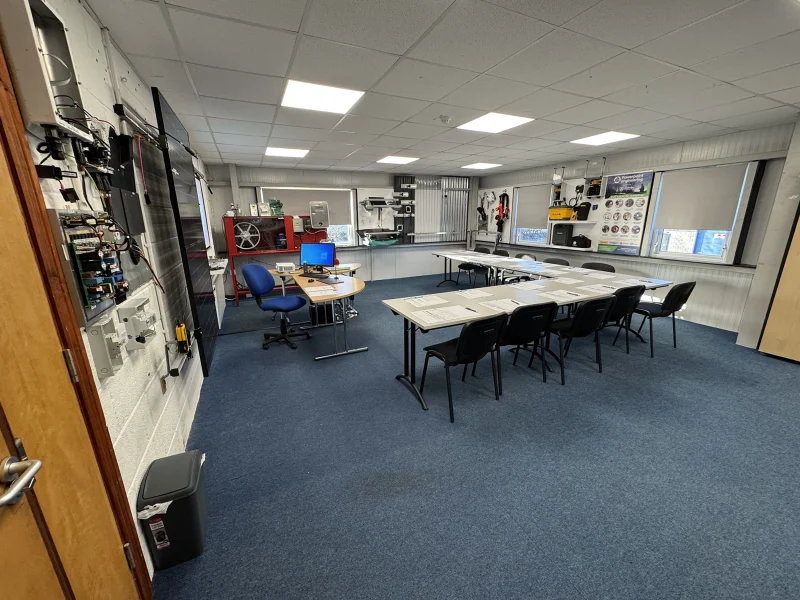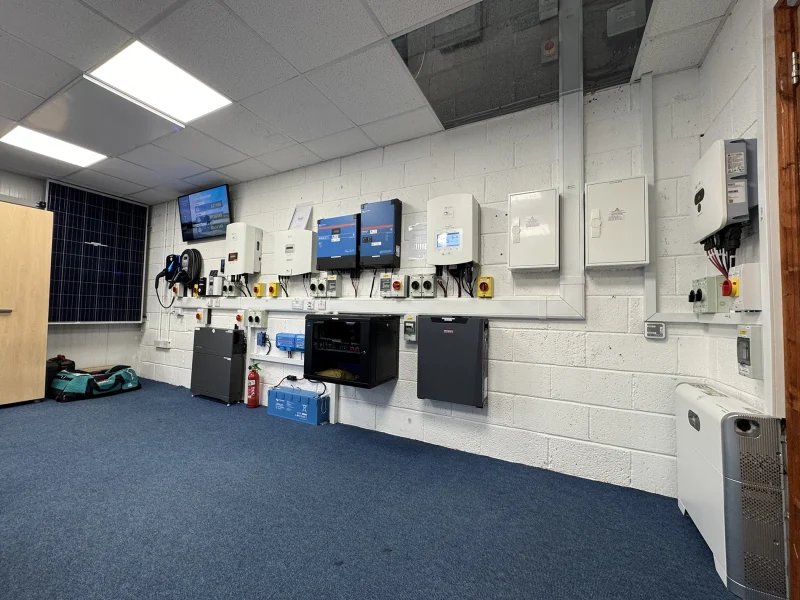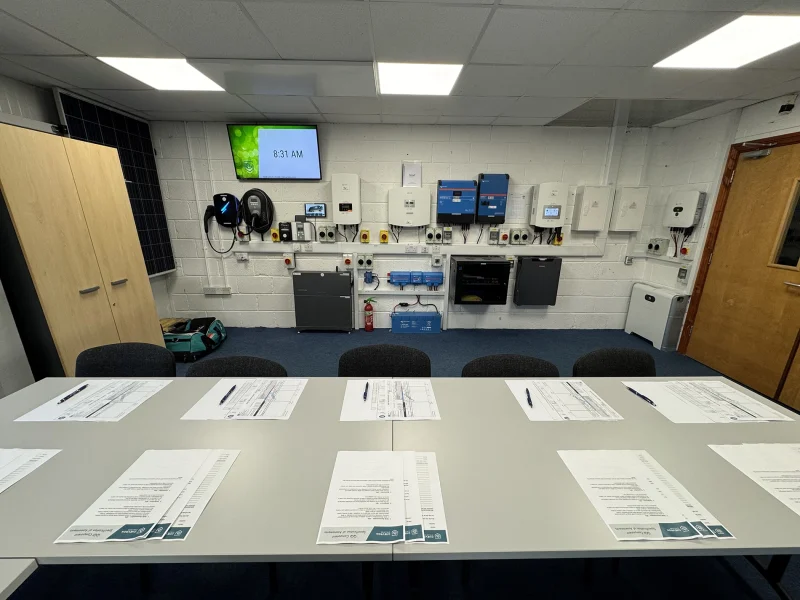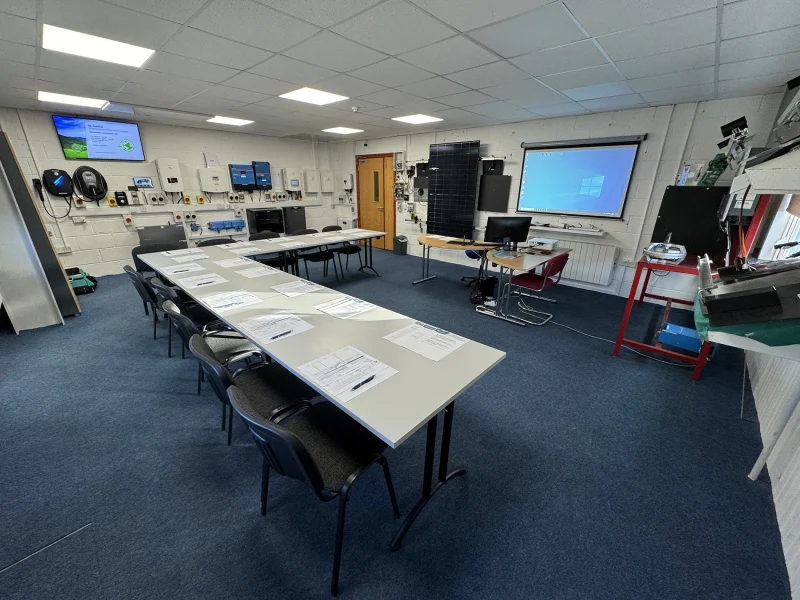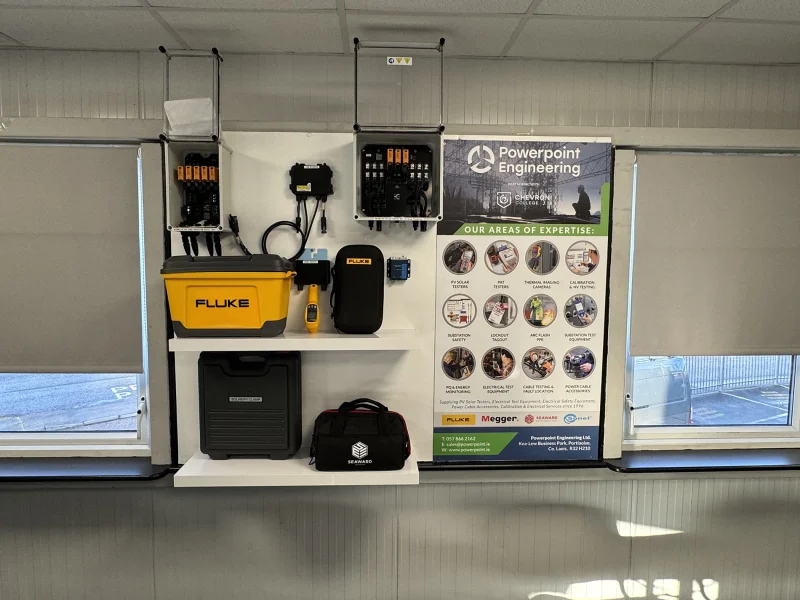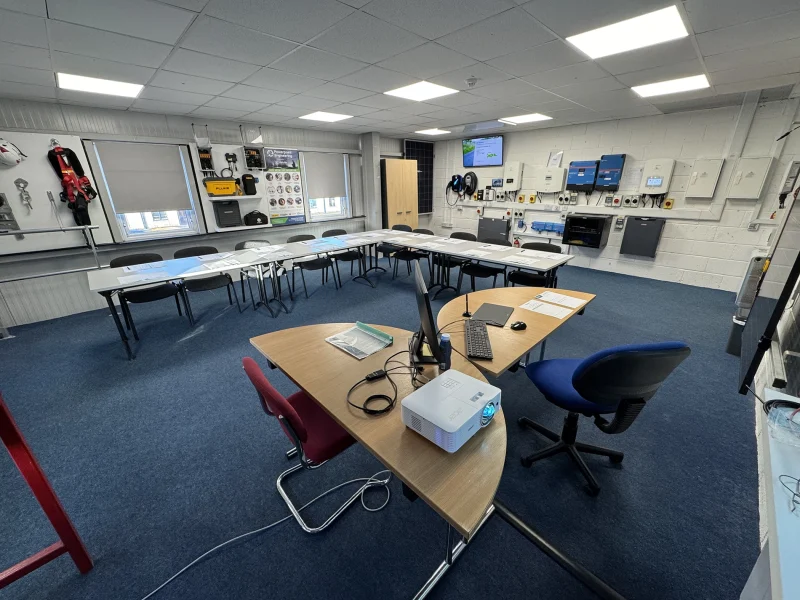Funding Available
QQI Domestic Solar PV Course
Will this course qualify me to register with SEAI?
Becoming a SEAI registered installer for Solar pv
The above courses will qualify you to register with SEAI as an approved contractor for Solar PV grants. These courses also meet the Dept of Agriculture requirement for contractors to register on TAMS Solar PV installers register.
What is a Domestic Solar PV System
SEAI webpage states a domestic solar PV system is as follows:
“A domestic solar PV system consists of a number of solar panels mounted to your roof (or in your garden) and connected into the electrical loads within your building. The solar panels generate DC (direct current – like a battery) electricity, which is then converted in an inverter to AC (alternating current – like the electricity in your domestic socket). Solar PV systems are rated in kilowatts (kW). A 1kW solar PV system would require 3 or 4 solar panels on your roof.
Any excess electricity produced can be stored in a battery, or other storage solution like your hot water immersion tank. It can also be exported from your house into the electrical network on your street.”
SEAI Solar PV Grant
SEAI Solar PV Grant
On Tuesday the 31st July 2018, SEAI launched a grant of up to €3,800 to support the installation of Solar PV panels and battery energy storage systems.
This grant is available to all dwellings constructed and occupied prior to 2011. If a homeowner is eligible for the Solar PV grant, an SEAI registered PV installer must be used.
Grant Amount
€700 per installed KWP, to a maximum of 2 kWp IE €1400 for 2kWp solar panels
€1000 battery storage system, any installation over 2kWp must install a battery.
How to become an SEAI registered Solar PV installer
Contractors must successfully complete both the QQI Level 6 Micro Solar Photovoltaic Systems Implementation (6N0306) and QQI Level 6 Electrical Installation and Commissioning of Micro Generators Award (6N0307) courses.
Contractors are required to complete the contractor registration form, sign code of practice, submit proof of tax clearance cert and provide proof of insurance.
All documentation must be submitted directly to SEAI.
Domestic Solar Photovoltaic systems can be financially attractive projects for many electricity consumers due to the systems ability to significantly reduce electricity costs, e.g. a typical domestic Solar PV system can produce 50% of the annual electricity consumption of an Irish home. Furthermore, any surplus electricity generated by the Solar PV system may be exported back to the Grid, thus creating an additional income stream for the consumer.
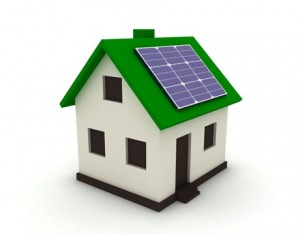 Therefore the Department of Energy sees PV systems as an essential part of Government energy policy.
Therefore the Department of Energy sees PV systems as an essential part of Government energy policy.
In order to optimise the full benefits that can be derived from a domestic Solar PV system, it is essential that the system is installed by a competent individual. Consequently, Chevron College delivers Solar PV training programmes which aim to impart learners with the appropriate knowledge and skills to competently install domestic Solar PV systems. These programmes examine both the Implementation of Micro Scale Solar PV Systems and the Electrical Installation and Commissioning of Microgenerators. These courses will be accredited by QQI.
It is essential that candidates participating on the Electrical Installation and Commissioning of Microgenerators course will have obtained the appropriate qualifications related to electrical installation, knowledge of the IEE Wiring Regulations and inspection and testing.
Micro Solar Photovoltaic Systems Implementation
The purpose of this award is to equip you with the relevant knowledge, skill and competence to implement micro scale solar photo-voltaic (p-v) projects, up to 11 kilowatt, according to the applicable standards, legislation, guidelines, and manufacturer’s specifications, whilst working autonomously.
Micro-Generator Electrical Installation
The purpose of this award is to equip the learner with the knowledge, skill and competence to perform electrical installation, connection, testing and commissioning of microgenerators with type-approved network interfaces in accordance with applicable standards, legislation, manufacturer’s instructions and guidelines, whilst working autonomously.
Micro Solar Photovoltaic Systems Implementation
Minimum Level 5 Certificate – relevant life or work experience may also be accepted.
Micro-Generator Electrical Installation
Minimum Level 6 Electrical Trade Certificate.
Micro Solar Photovoltaic Systems Implementation
The course will cater for a variety of adult learners with a minimum Level 5 Certificate/ Ordinary Level Leaving Certificate standard of education. You should have previously have completed a relevant Level 5 award.
Micro-Generator Electrical Installation
Learners who successfully achieve this award will be expected to perform “controlled works”, such as connecting generators to the national electricity network. To perform controlled works, they must be registered electrical contractors with RECI (Register of Electrical Contractors of Ireland).
Micro Solar Photovoltaic Systems Implementation
Learner will receive QQI level 6 minor awards in the following: Micro Solar Photovoltaic Systems Implementation 6N0306.
Micro-Generator Electrical Installation
Learner will receive QQI level 6 minor awards in the following: Electrical Installation and Commissioning of Micro Generators 6N0307.
On successfully completion of both awards learners meet the qualifications requirements for SEAI’s register for PV installers
Micro Solar Photovoltaic Systems Implementation
This is a 4 day, 9am-5pm, programme. The course will involve theory and practical work. On completion you will be able to:
- Describe the main p-v cell technologies including the characteristics, configurations, and components of solar p-v systems
- Describe factors affecting solar p-v output to include tilt, orientation, over shading and p-v module mismatch
- Describe the relationship between rated output at standard test conditions and actual output in use
- Summarise the planning requirements for solar p-v installations including any possible exemptions
- Summarise relevant legislation, standards and regulation to include CE marking and New Approach 2 directives, product testing and certification standards and building regulations
- Describe maintenance requirements for solar p-v systems to include cleaning, checking torque of fixing bolts and visual inspection of array integrity and electrical connections
- Propose an appropriate mounting technique based on aerodynamic and static load considerations
- Describe the potential hazards and mitigating action associated with solar p-v operation to include electrical hazards, “always live” systems, labeling and signage requirements and fixing of panels
- Describe the relevant health and safety requirements for installation to include working at height, securing ladders, safety requirements for scaffolds, guard rails and personal safety equipment
- Describe the recommended installation sequence for solar p-v systems identifying relevant standards and guidelines applicable to each phase of installation
- Outline the main considerations for roof-mounted solar p-v systems including roof types, construction, loading, integrity and weather proofing
- Assess roof loading and load bearing capacity and recommend suitable mounting and weather sealing techniques
- Use the recommended tools for deploying all required solar p-v system components in accordance with manufacturer’s specification
- Carry out a feasibility study for solar p-v system to include a resource assessment and economic evaluation
- Generate a design layout for a solar p-v system to include a specification of array location, mounting techniques, cable runs and inverter location
- Assess the conformance of a solar p-v system in accordance with standards for module fixings, fixing of the array, weather proofing, and integrity of the array
- Test a solar p-v installation to include normal shutdown, emergency shutdown, and power control against solar intensity
Micro-Generator Electrical Installation
This is a 4 day, 9am-5pm, programme. The course will involve theory and practical work. On completion you will be able to:
- Describe key characteristics of micro-generation systems including the major components and system layout of wind, solar p-v (photo-voltaic), hydro- and micro-CHP (combined heat and power) systems
- Identify the characteristics of generator types to include permanent magnet, induction, synchronous and asynchronous
- Describe solar p-v module types and arrays to include current-voltage characteristics, open circuit voltage, short circuit current, maximum power current and voltage
- Describe wind turbine types to include variable voltage and frequency output
- Describe output controls on wind generator to include dump loads and electrical braking
- Summarise the requirements for electrical works with respect to applicable regulations, certification, and national rules for electrical installation
- Summarise relevant product requirements including those relating to European conformity CE marking, and testing and certification standards
- Identify hazards associated with micro-generation installations to include “always live” systems, leakage current detection, earthing and lightning protection systems and isolation devices, proposing suitable mitigation measures
- Describe network connection requirements including the network connection application process
- Summarise appropriate signage and labeling requirements as per the National Rules for Electrical Installations to include identification of cable locations and “always live” systems.
- Justify the selection of a suitable battery system based on sizing and safety requirements as per IS EN 50272-2
- Calculate recommended minimum capacities for electrical components including voltage and current ratings for direct current plugs, connectors and switches, and cable capacity based on size
- Program inverters with generator power curves in accordance with manufacturer’s specifications and set-up instructions
- Commission a solar p-v system completing all required electrical testing
- Commission a simulated rotating generator system completing all required electrical testing
- Identify faults in solar p-v and rotating generator systems using test and measurement equipment.
Micro Solar Photovoltaic Systems Implementation
Assignment 40%
Examination – Theory 40%
Skills Demonstration 20%
Micro-Generator Electrical Installation
Examination – Theory 70%
Skills Demonstration 30%
Micro Solar Photovoltaic Systems Implementation
You are not required to obtain formal work placement for this award
Micro-Generator Electrical Installation
You are not required to obtain formal work placement for this award
Paul Savage BEng MIEI has been involved in the electrical industry since 1998 (26 years) and been director of Sav Electrical Systems Ltd since 2007, providing electrical contracting and electrical design consultancy services. Sav Electrical Systems have been recently involved in the renewable energy and energy conservation sector, designing, and developing building energy conservation systems, some of which are registered on the SEAI’s Triple E Product Scheme. Sav Electrical Systems have over 50 Solar PV installations carried since 2020 with system sizes ranging from the smallest at 3kWp to the largest system installed to date at 110kWp.
Paul is a qualified Electrician and Electrical Design Engineer, Paul also holds the following professional registration:
- Associate member in Engineers Ireland
- Safe Electric registered electrical contractor (Qualified Certifier registered)
- SEAI residential and NDMG solar PV registered contractor
Recognition of prior learning can only by sought if the learner is working towards a major award.
Micro Solar Photovoltaic Systems Implementation
Solar PV system installation. Progression to Further Education. Progression to 3rd Level education.
Micro-Generator Electrical Installation
Electrical installation and commission on micro solar PV, hydro and wind. Progression to Further Education. Progression to 3rd Level education.
You can progress to a relevant level 6 major award on the National Framework of Qualifications.
In compliance with Qualifications and Quality Assurance (Education and Training) Act 2012 Part 6, where Chevron College offers training programmes of 3 months duration or more, Learner Protection cover is in place via a relevant financial product, should Chevron College cease to provide QQI programmes before learners have completed awards.
4,078 installations were carried out in 2021, with the SEAI, up to February this year, having supported the installation of Solar PV for 9,674 homes. Applications for solar grants by domestic households in Ireland increased by 300% in Q1 2022 versus the same period last year. 4,926 installations have been supported so for this year by the SEAI.
| Grant name | Value | Example |
| Solar PV grant | €700 per kWp up to 2kWp | €1400 for 2kWp solar panels |
| €200 for every additional kWp up to 4kWp
Total Solar PV grant capped at €1800 |
€1600 for 3kWp solar panels
€1800 for 4kWp solar panels |
News
Solar panels can now save homeowners more than €24,000
Homeowners who add solar panels to their homes can now cover the cost of the work in seven years – and they can make net savings of more than €24,000 over 25 years after installation costs, a new survey reveals.
The Irish Independent Swyft Energy Solar PV Index shows that a standard 12-panel system can completely pay for itself in seven years.
The repayment period has dropped by almost half – it was 12 years in 2021.
Experts said this was due to the fact that average Irish electricity market prices are 53pc higher than in 2021. The removal of Vat on solar panel installation has also meant the pay-back time has reduced.
Chief executive of Swyft Energy, Adrian Casey, said: “The figures show that, on average, Irish householders could make net savings of €24,327 over the next 25 years by installing solar PV (photovoltaic) panels now.
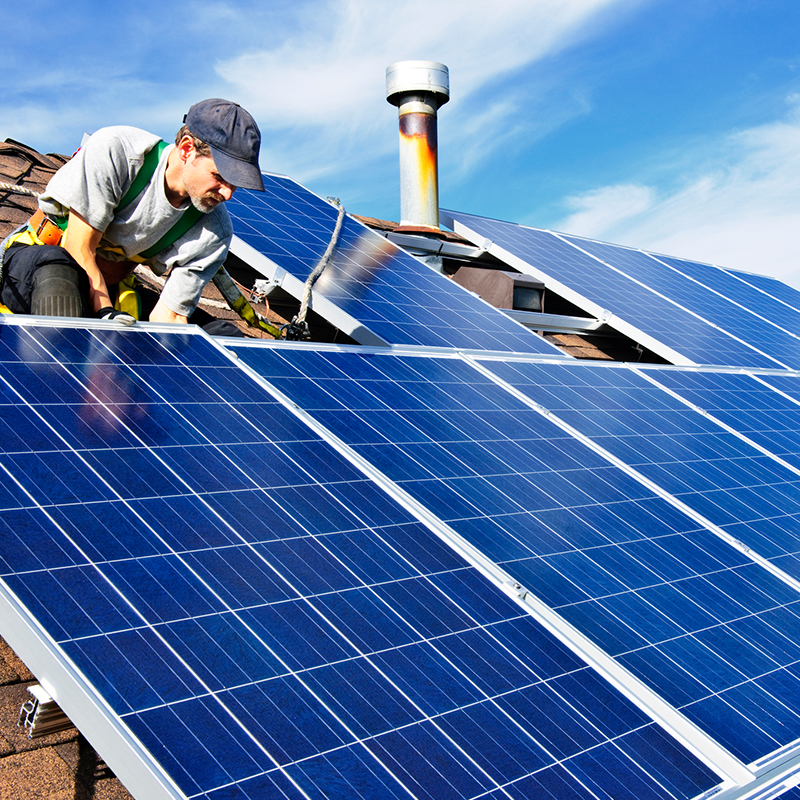
Business Grants Improved For Solar Panels
Ministers Eamon Ryan and Simon Coveney have announced enhanced supports for businesses purchasing solar panels through the Solar PV Scheme.
Improved funding ranges from €2,700 to up to €162,600 to support an even wider range of businesses to switch to solar.
This will typically support 20-30% of the investment cost, reducing payback to five years, according to the ministers.
The government approved amendments to the existing non-domestic microgeneration scheme to extend supports to a wider range of businesses and non-domestic applicants.
This will be done through tiered grant supports for solar PV – for installation sizes greater than 6 kWp up to 1,000 kWp (1 MW) capacity.
